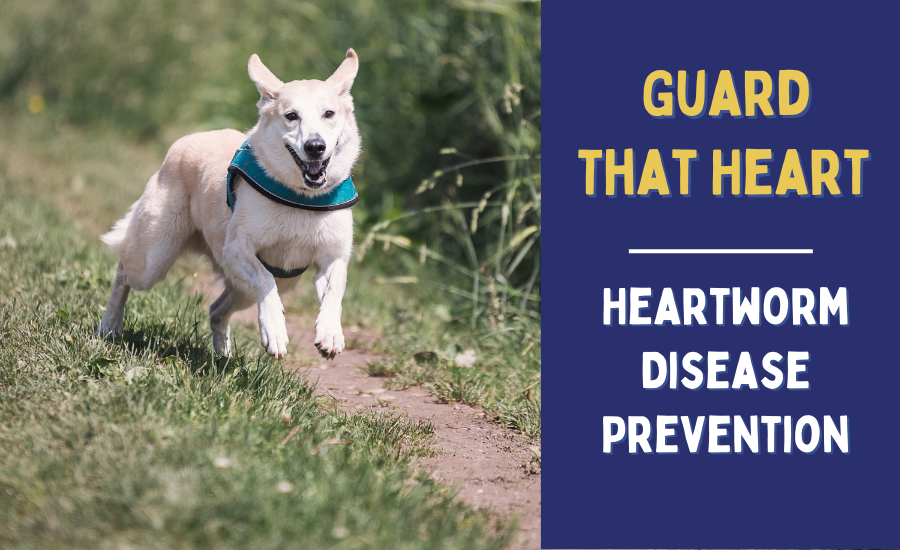Heartworm disease is a serious health condition adversely affecting pets’ lung and heart functions. If left untreated, it can seriously impact your pet’s health and even be lethal. The disease mostly affects dogs, cats, raccoons, and ferrets. The parasites are transmitted through mosquito bites to the animal’s bloodstream. The reason why this parasite is known as a ‘heartworm’ is because the adult parasitic agent lives in the heart and other parts of the cardiovascular system of the infected animals. In fact, the parasite gets attached to the host’s vasculature and can grow up to 12 inches long.
Dogs and cats can contract this deadly disease during any season. Fortunately, you can avert it if you stick to the following heartworm disease preventive tips:
Give your pets healthy food
This may sound quite obvious, but following every step of heartworm disease prevention is important. That being said, always feed your pet food containing proteins, carbohydrates, and vegetables appropriately. Home-cooked meals are usually the best options for this purpose.
Even if you can’t make a home-cooked meal, buy a reputable dog/cat food packed with healthy ingredients. Giving healthy food to pets is a great way to prevent the occurrence of this deadly disease. The energy components present in the food also enable the pets to stay active throughout their lives.
Use heartworm disease preventive medications
The best treatment for heartworm disease is prevention. You can successfully avoid the illness by regularly and appropriately using preventive medications. They can be given orally, applied topically, or injected into the skin. There are both chewable and non-chewable available. However, you need to consult your veterinarian to prescribe the best medicine for your pet.
You can also shop from our online pharmacy for heartworm-prevention medications.
Get regular checkups to keep your pet healthy
Heartworm disease is known as the silent killer. It spreads through mosquito bites and damages your pet’s lungs and heart muscles. But not all animals show symptoms the same way. In some domestic pets, the disease can be caught earlier. While in others, it can be very difficult to detect due to the presence of no or mild symptoms. You must schedule regular vet appointments to ensure the health and safety of your pet. Some general symptoms of heartworm disease include;
- Mild persistent cough
- Lethargy
- Decrease appetite
- Excessive panting
- Difficulty in breathing or wheezing
Vets perform numerous tests to confirm the diagnosis of this disease. Please note that in order to protect your pets from the deadly effects of heartworm disease, it’s best that you use preventive measures. This can be done through oral, topical, or injectable medications. You must consult your veterinarian for an appropriate prevention plan. Also, make sure to get your pet tested at least once a year to prevent the parasitic disease from spreading into the heart and lungs.
If you wish to book an appointment for heartworm disease prevention, visit the Minnesota Veterinary Hospital’s website or purchase optimum care products for your pet here.
Image credit: Unsplash

